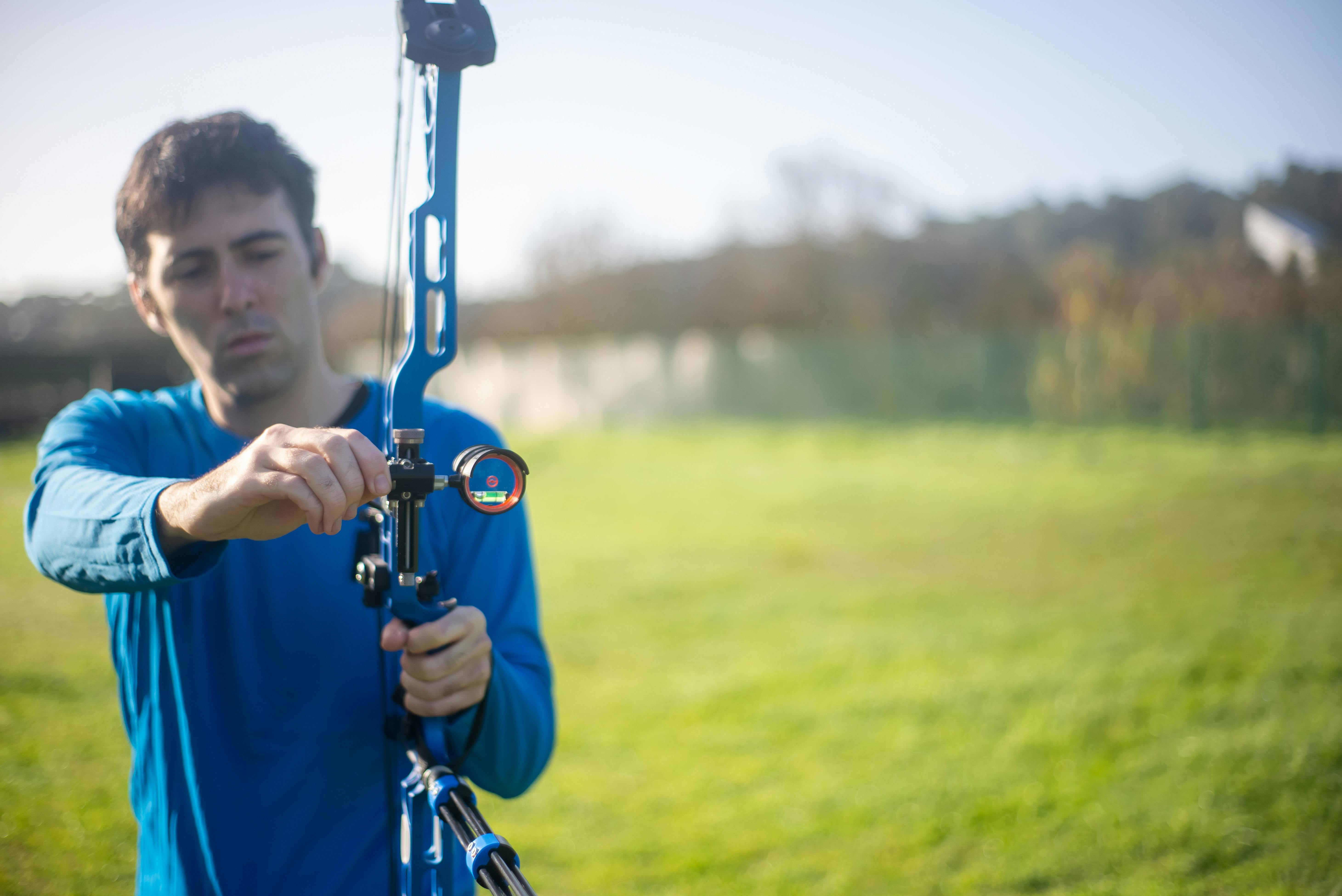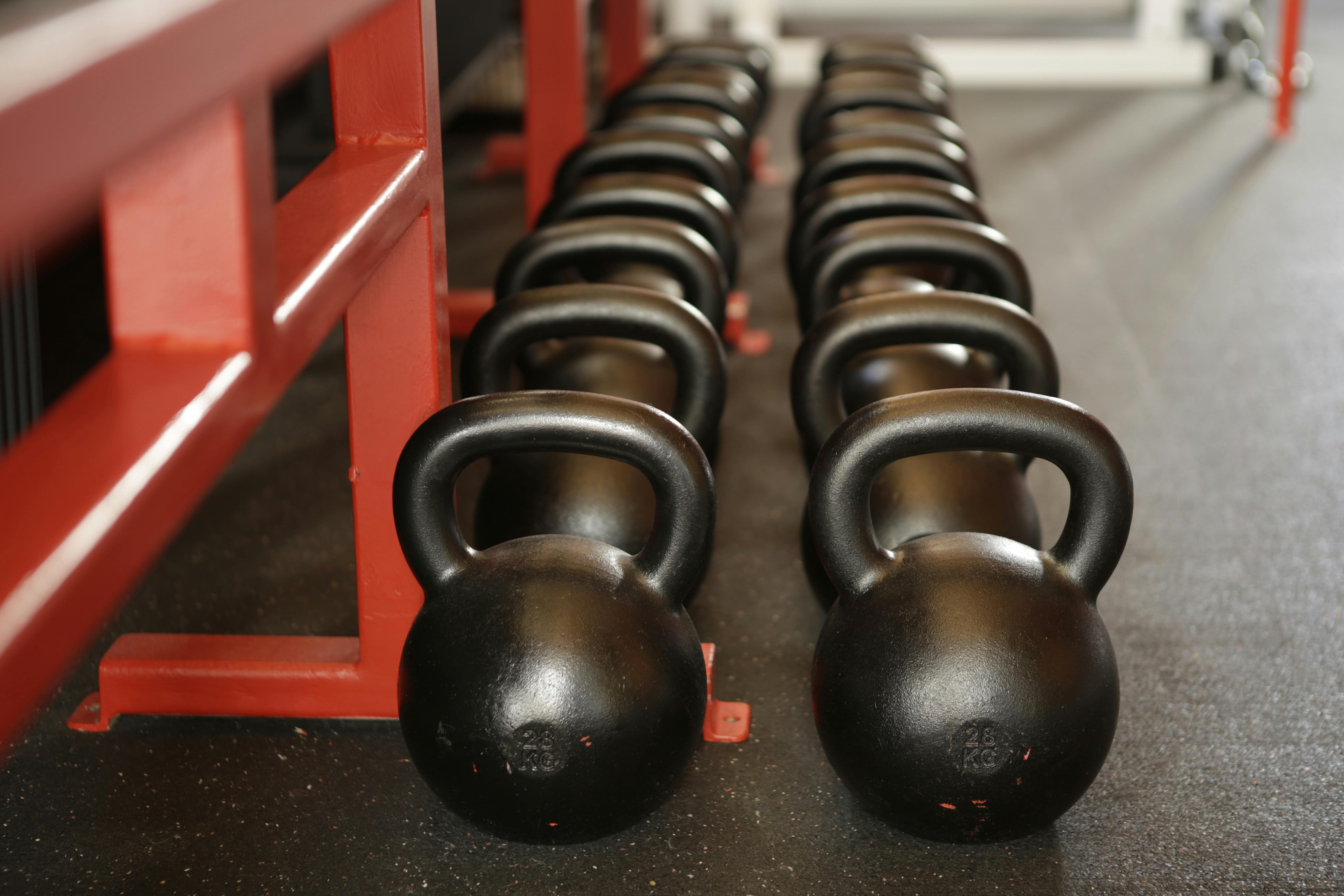Doyle Brunson ruined my game. He was playing pretty decent poker, placing me in the top third in tournaments, until I read his book, “Super System: A Course in Power Poker.” After reading the book, the wheels came loose! The word DONKEY in flashing neon appeared on my forehead. I’ve never been eliminated so early, so often, and in such garbage cards! Doyle’s “I’m a man of action” style, loose and aggressive, really messed with my head and my game. I wear – that man touches anything!
After opening the UMichiganPoker.com website and playing in more tournaments, I decided that I needed some strategy. I checked book recommendations in live tournaments, on the 2+2 forums, and on Amazon. After doing some research, I came up with a list of “must have” poker books.
The first book I read was “Play Poker Like the Pros” by Phil Helmuth. He had a simple strategy for beginning tournament players: play “Phil’s NLH Fifteen” and fold any other card. I started taking Phil’s advice at tournaments and starting to have some success! Phil also had some great advice on how to trap with AA and KK instead of going all-in and waiting for that rare call. The Three Theories on how to play pocket from 22 to 88 and AQ gave me a lot to think about. I’m still very bad at “Phil’s Game” – Guess your opponent’s exact two-hole cards. I’ll have to consult the psychic hotline on this, because aside from guessing high pair, low pair, high cards, draw, I’m terrible at guessing the exact two cards. After reading his book, I still don’t play poker like a pro, although I am much better at picking starting hands and more aware of my opponents’ hole cards.
After my lessons with Phil and playing in a couple of tournaments with my new, tighter starting hands, it was time to go back to school. At one of our home games, everyone started talking about ads. One of the home game players said something obvious that another player politely pointed out after taking down a big pot. He was just as stunned as the player with the tell! I certainly didn’t notice his answer because he was too busy paying attention to the flop and trying to figure out my opponents’ “Two Handed Exact Cards”. Once mentioned, the story was obvious, even to me, the ignorant. It was time for “Caro’s Poker Storybook.”
Caro’s book was so much fun! When the text got boring, the photos were a riot! During the next tournament, I saw many of the stories described in the book. The most common was to look at the chips once the player looked at his hand. He could tell which players were going to enter the pot and which were going to fold before it was their turn. (The chip spotters pushed chips into the pot every time!). Another great tip from Caro was to watch your opponents’ faces during the flop. The cards will be there for the rest of the hand – the expression of your opponents after the flop is fleeting. There were hands I knew I was going to win right away and hands I knew I needed to lay down. About an hour into my next tournament, I caught the tip of another opponent. My opponent was a very tall man who would bet further down the table the stronger his hand was. His way of speaking and his inflection were confident and determined no matter where the chips were placed. We were in a pot together and he put his bet in the middle of the table. I folded my pocket fives and he disappointedly flipped pocket kings. A couple of hands later, we were both in a pot together. He must have been in a tie and made a continuation bet about a foot in front of him. I took trips, but I wanted to maximize my chip-ertunity. I took my time and called out, trying to show weakness as well. After a blank on the turn, he bet again, I called again. The river was another unbeatable low card. He checked and I bet half of his stack. He called saying he wasn’t going to trick him out of the boat. I ended up taking first place in that tournament. I felt like Caro had given me the key to the kingdom! What a great book!
The next tournament started very well. There was a guy who made it clear that he didn’t want to play poker with a woman. He tried to get the other boys to join in making fun of me. They didn’t want to play their game, true gentlemen! A couple of hands into the tournament I noticed a rude guy staring at me as the flop came down. I was trying to get a read on him through the sunglasses on the flop. The next time we’re in a pot together, same thing: we’ll end up looking down waiting for the other person to see the flop. I finally winked at him. The guy went leaning. He called my increasing bets all the way and I took a lot of his chips. He moved all-in on the next two hands and ran away. I played on for a while and came out in 18th place, finding myself short-stacked and desperate for a pair of doubles. I got the cards, but I didn’t stack enough chips to make it to the final table. Time for more homework.
That’s when I picked up Doyle Brunson’s super thick, super heavy “Super System.” Again, when the text dried up a bit, the photos were good for a laugh. A few pages into the No Limit section, I found out that he was playing poorly. He was throwing those low suited connectors-Doyle raises them. He was folding me when my opponents raised in front of me and I had three in hand. Doyle picks them up. Doyle is an “action man” who will win ten pots where no one has a big hand, then “can afford to take the worst 2-1 and play a huge pot.” He already paid you that jackpot with all the small jackpots he picked up. Doyle plays jackpot when he knows he’s got the worst of it. In the book, Doyle plays a very loose, very aggressive game. He wasn’t sure he could be that aggressive and play so many hands, but he would try it in my next tournament.
The day of the next tournament, I reread some key passages from Doyle’s book, ready to incorporate some aggressive moves into my game. I took a couple of small pots early. Things seemed to be going pretty well from the start: I was in a lot more hands, with a lot more chips in the pot. Suddenly, I was out. Dazed and confused, I went home to analyze my sudden and early loss.
I couldn’t get Doyle’s loose, aggressive style out of my head. He wanted to play connectors, suited or not. Online I broke early. In our home game, out first or second all night. If there was a game, he was out in the first third. I couldn’t understand how Doyle could be so successful and I could be so bad (okay, he IS a poker pro and I’m a beginner). I finally said ENOUGH! Get Doyle out of your head! I put a note on my computer that said: Don’t play shit cards! Stop chasing (unless it’s cheap)! Slowly, I started to lose less frequently. That’s also when I opened “Harrington on Hold’Em.”
Dan Harrington and Bill Robertie methodically showed me the errors of my ways. I regained confidence in when to fold, check and raise. I also learned the power of a continuation bet, a push bet, and the texture of the flop. Pot odds and the “M” were also new concepts that helped me better understand the game. Dan and Bill did a great job explaining post flop betting and the reasoning behind the betting. I love the hand examples in the book along with the explanations. Because it’s a three-volume set, Harrington and Robertie’s books are a long, slow read, but well worth the time and effort! We played a head-to-head tournament in our last home game. I did pretty well. After the heads-up tournament, we played a couple of traditional tournaments, again a respectable performance.
Texas Hold’em is like learning about computers. For every thing I learn, there are five new things I need to learn. My knowledge of the game grows progressively while my knowledge of my ignorance grows exponentially.
As I was flipping through the books again, I noticed an important detail that I missed or simply ignored the first time around. Doyle was commenting on Cash No Limit Games, not tournaments on Super System. He has a short section at the beginning of the book that addresses the changes in his game when he’s in a tournament. Doyle also improves his game for tournaments! He puts the “man of action” on hold until the final table. Doyle is a smart, aggressive and cunning player with a lot of wisdom and experience to share. Here are some of my favorite Super System gems:
Be highly competitive… but do it with class. (p. 47)
I want to put my opponent in a decision for all his chips. (p. 442)
Always remember… No-Limit Hold’em is a game of position and people. (p. 444)
You can’t play poker winning by playing it safe all the time. You must risk… gamble. And you have to feel aggressive to play aggressive. (p. 458)
The important thing to remember is that whenever there is a possible tie on the flop: you should almost never check, you should almost always bet. (p. 477)
By Michele Ingalls



